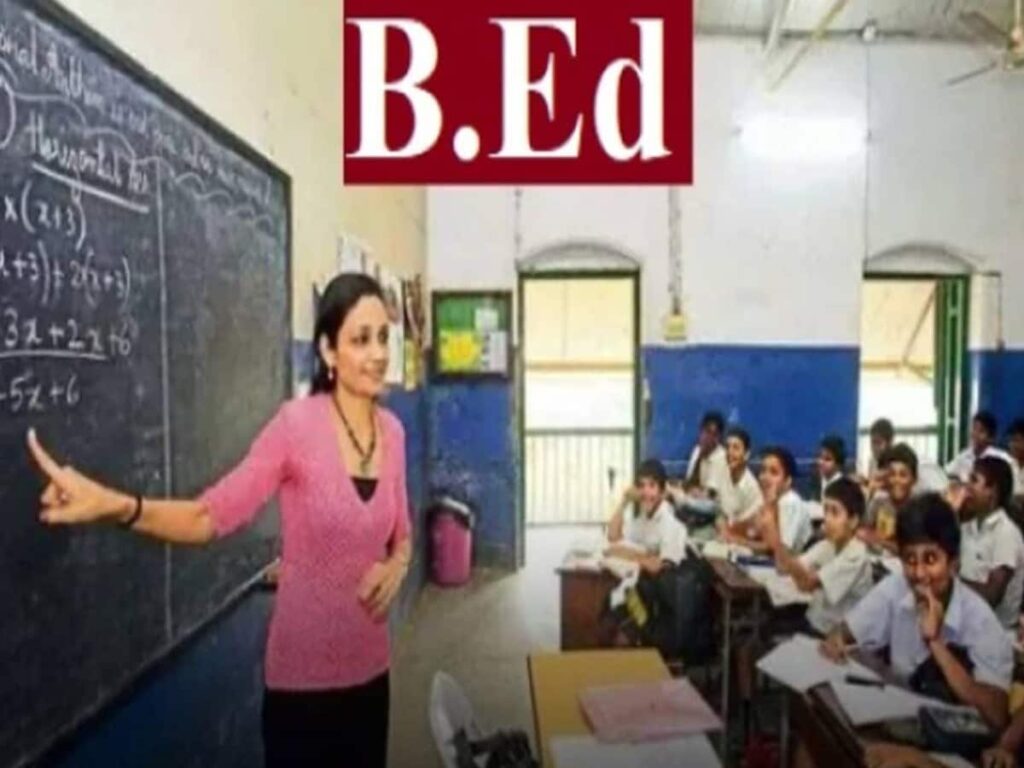The four-year Bachelor of Education (B.Ed) program is a crucial step for aspiring educators in India. The National Council for Teacher Education (NCTE) has recently announced that students from SC (Scheduled Castes), ST (Scheduled Tribes), OBC (Other Backward Classes), EWS (Economically Weaker Sections), and single girl children will be eligible for scholarships. This initiative aims to promote inclusivity and encourage students from various backgrounds to pursue a career in teaching.
Overview of the Scholarship Program
The scholarship program initiated by the NCTE is designed to alleviate the financial burden on students belonging to marginalized communities. By providing financial assistance, the initiative aims to ensure that talented individuals have the opportunity to succeed in their educational endeavors, thereby contributing positively to the teaching profession.
Eligibility Criteria
| Category | Eligibility |
|---|---|
| Scheduled Castes (SC) | Students must belong to SC community |
| Scheduled Tribes (ST) | Students must belong to ST community |
| Other Backward Classes (OBC) | Students must belong to OBC community |
| Economically Weaker Sections (EWS) | Students must meet EWS criteria |
| Single Girl Child | Students who are the only daughters |
Steps to Apply for the Scholarship
- Gather Necessary Documents: Students should prepare necessary documents such as caste certificates, income certificates, and proof of being a single girl child.
- Visit Official NCTE Portal: Keep an eye on the NCTE official website for the scholarship announcement and instructions.
- Online Application: Fill out the online application form carefully, ensuring all information is accurate.
- Submission: Submit the application along with the required documents before the deadline.
- Check Status: Regularly check the application status on the NCTE portal.
Impact of the Scholarship Program
The scholarship program by the NCTE is expected to have a significant impact on the education sector. By providing financial assistance to the underprivileged sections of society, the initiative will encourage more individuals to pursue a career in teaching. This can lead to a more diverse and inclusive educational environment, ultimately benefiting students across the country.
Future Prospects
The increase in the number of educators from various backgrounds can enhance teaching methodologies and perspectives, which is crucial in today’s multicultural society. Furthermore, the scholarship program sets a precedent for future initiatives aimed at promoting equality in education.
Conclusion
The recent scholarship announcement by the NCTE is a progressive step towards making education accessible to all, regardless of socioeconomic background. By supporting SC, ST, OBC, EWS students, and single girl children, the initiative not only aims to reduce financial constraints but also strives to foster a more equitable educational landscape in India.

